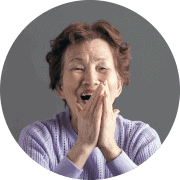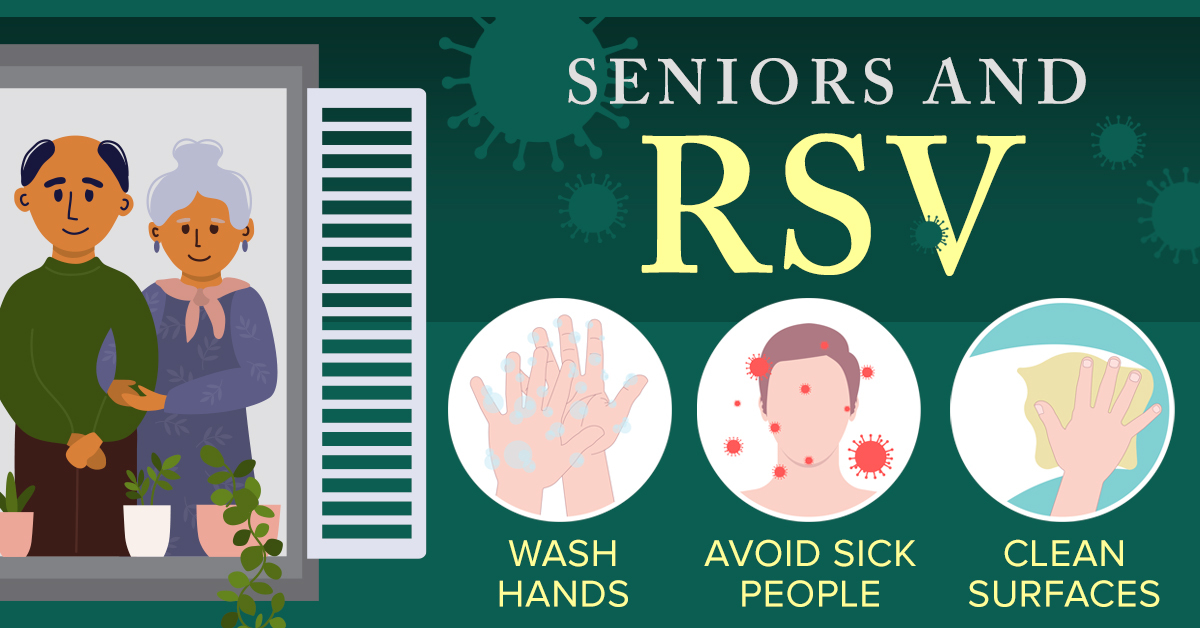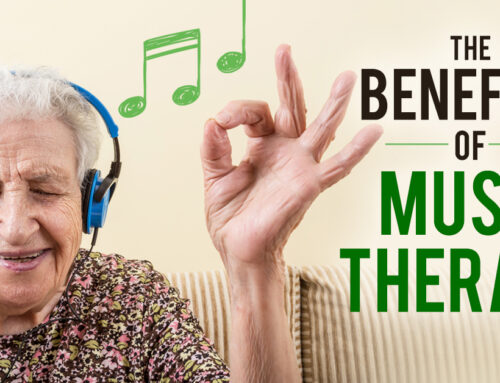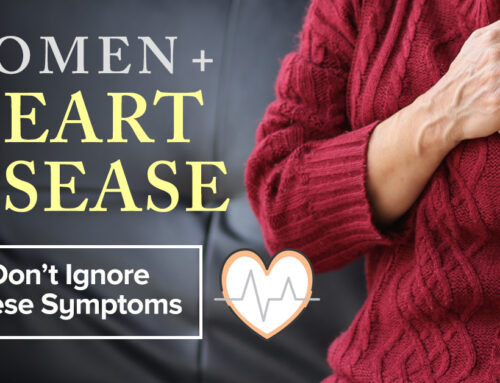You might have heard it on the news… hospital pediatric units across the country are filled with young patients who are sick with respiratory syncytial virus or RSV – an infection that affects the lungs and breathing passages.
While we typically hear of outbreaks among babies and small children, adults can also get RSV, and those who are 65 and older are at risk of severe infection. In fact, according to the Centers for Disease Control and Prevention (CDC), it’s estimated that more than 177,000 older adults are hospitalized with RSV infections each year in the United States.
What to know about RSV
If you’re caring for an aging loved one, here’s what you need to know.
- Older adults and those with chronic heart or lung disease and/or weakened immune systems are at highest risk for severe infection.
- RSV spreads when an infected person coughs or sneezes, you touch a surface that has the virus on it or you have direct contact with the virus – like shaking hands or hugging.
- Signs of RSV typically begin to appear four to six days after being exposed to the virus. Symptoms with a mild infection include – dry or runny nose, dry cough, low-grade fever, sore throat and mild headache.
- Signs of severe infections include – fever, severe cough, wheezing and skin that looks blue due to lack of oxygen.
RSV Prevention
To help keep you and your aging loved one safe from RSV, medical experts recommend that you:
Wash your hands often.
Wash your hands with soap water for 20 seconds. If soap and water are not available, use an alcohol-based hand sanitizer.
Keep your hands off your face.
Avoid touching your eyes, nose and mouth with unwashed hands.
Avoid close contact with sick people.
No kissing, sharing cups or eating utensils with people who have cold-like symptoms.
Cover your coughs and sneezes.
Cover your mouth and nose with a tissue or shirt sleeve when coughing or sneezing, and immediately throw the tissue in the trash.
Clean and disinfect surfaces.
Regularly clean and disinfect surfaces that people frequently touch, such as doorknobs and light switches.
Stay home when you are sick.
If possible, stay home from work or school and stay out of public areas when you are experiencing symptoms.
Questions
If you have questions or if you would like more information, talk to your personal physician or click here to be directed to the CDC website.






